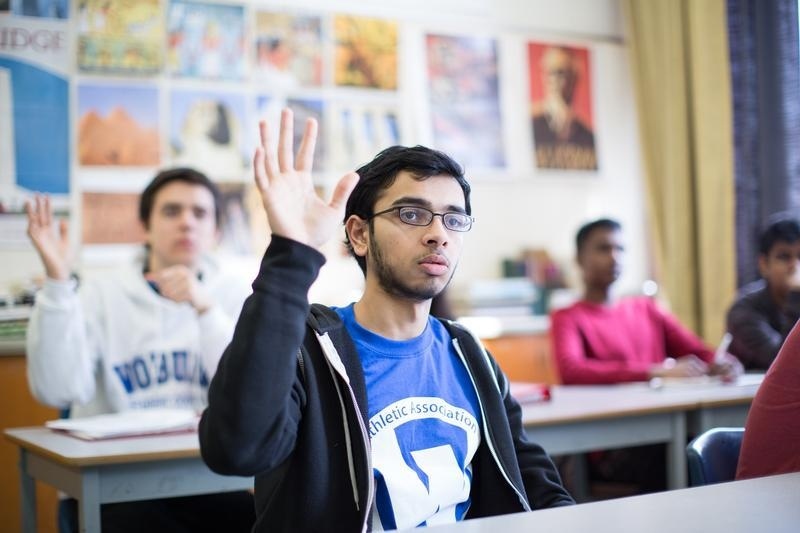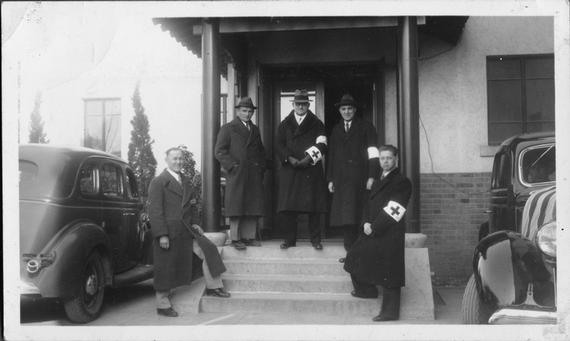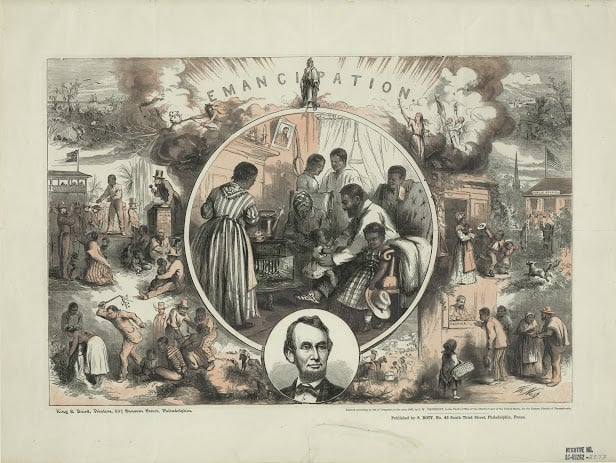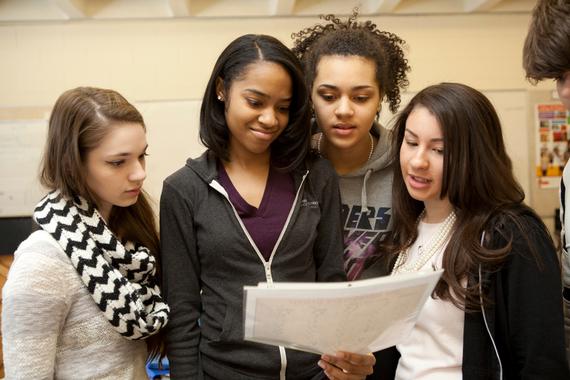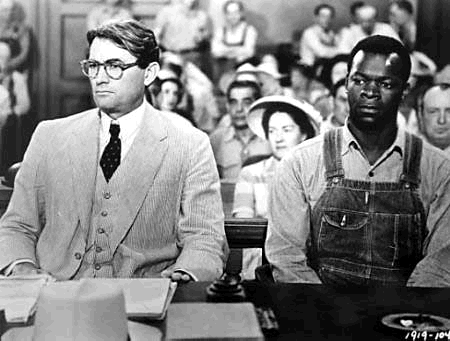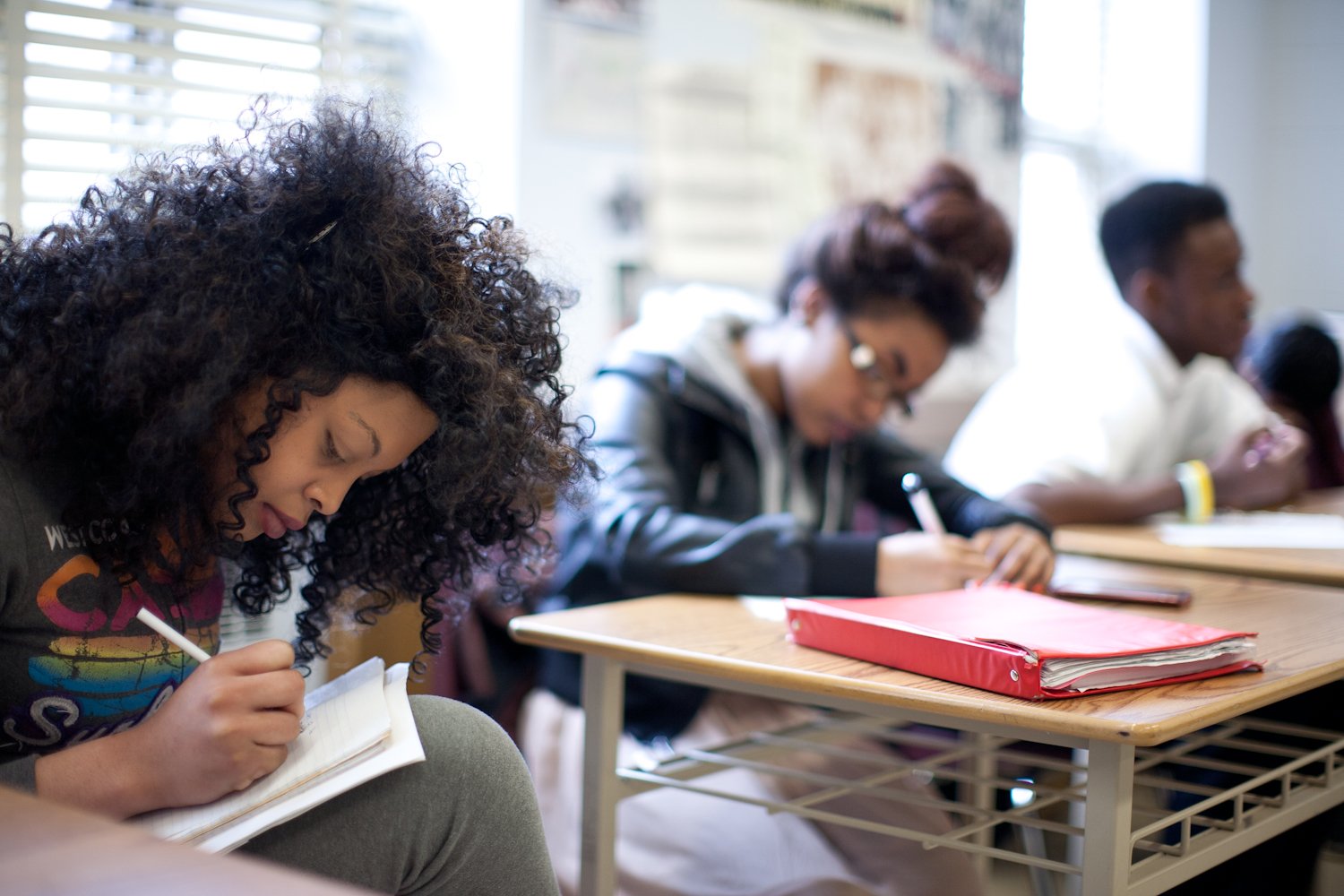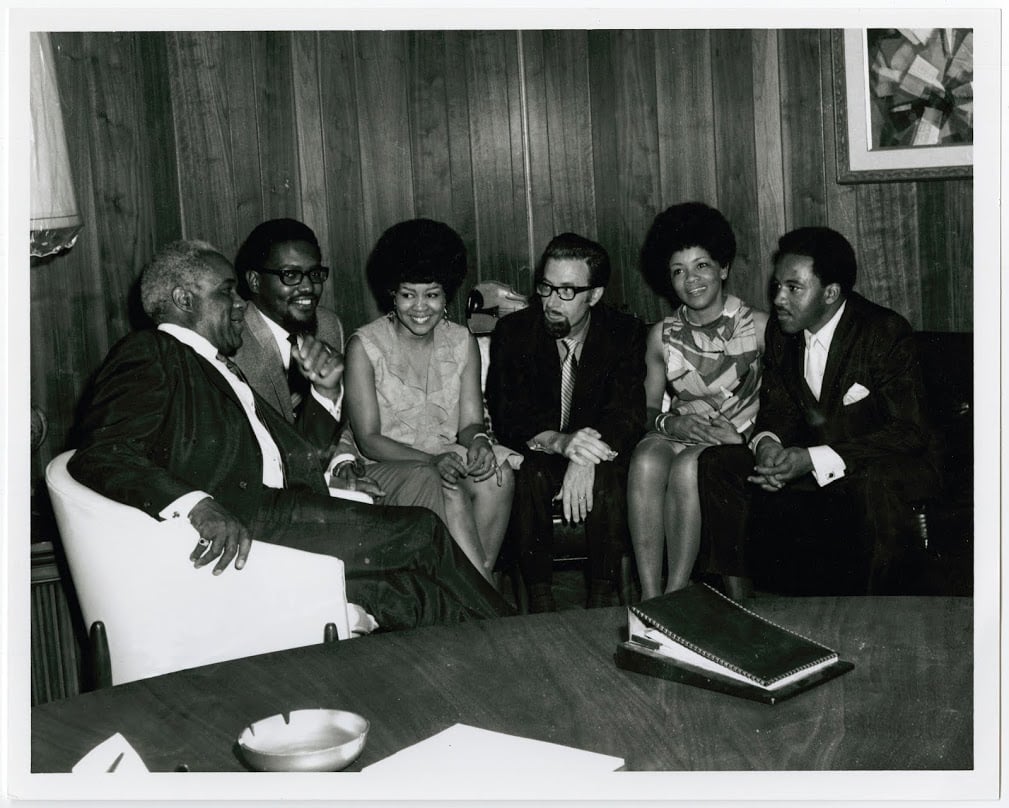In an interview with Facing History and Ourselves, sociologist Claude Steele explained that “stereotypes are one way in which history affects present life.” Stereotypes about race are among the most common. The challenge many of us face is that there are few opportunities to talk about the impact of stereotypes, where they come from, and how to break them down. Schools can provide opportunities for these important discussions, yet teachers too often lack both resources and professional development to help them navigate what can be difficult terrain.
Topics: Classrooms, Race and Membership, Teaching Resources, Video, Eugenics/Race Science, New York Times
As a teacher, I am constantly thinking of new ways to engage my students.
Before I started teaching my students a unit about the Holocaust this year, I thought a lot about how I could get them to think, process, and reflect meaningfully and critically about this history, and also inspire them to act in a manner that influences the world for good.
Topics: Art, Books, Choosing to Participate, Facing History Resources, Teaching, Holocaust, Teaching Resources, Survivor Testimony, History, Facing Technology, Chicago
Acts of moral courage are not common, they are exceptional. People actively create opportunities to rescue or choose to help others. It can happen in a blink of an eye or after long deliberation, but these moments are not accidental.
Topics: Rescue, Facing History Resources, Teaching, Genocide/Collective Violence, Teaching Resources, History
About two years ago, when I began reading draft chapters of Facing History’s new publication on the Reconstruction era in American history, I got to thinking back to how I learned about this period in high school in 1959 and in college, and also how I taught it to my students while teaching high school several years later in 1965.
In both my high school class as student, and later my high school classes as a teacher, I used the same textbook, David Saville Muzzey’s 1937 A History of Our Country, which for decades was the most widely used high school text on American history. Curious about what I learned and how I taught it, I dug out my well-worn copy and looked at how Muzzey wrote about Reconstruction.
Topics: Classrooms, Books, Teaching Strategies, Democracy, Reconstruction, Facing History Resources, Teaching, Teaching Resources, History, American History, Civil War
Violent riots and protests erupted in Baltimore, Maryland, this week, following the death of 25-year-old Freddie Gray after his arrest by police. As has happened much too often in the past year, current events are having an impact on the hearts and minds of our students
Topics: Classrooms, Safe Schools, Race and Membership, Teaching Resources, Raising Ethical Children, Civil Rights
Adults often ask students to be upstanders, to speak out against bullying and other social problems, and to go against the tide. But we should also help students change the tide.This means changing social norms so that young people feel respected not when they degrade other students, but when they include others.
Topics: Bullying and Ostracism, Choosing to Participate, Students, Safe Schools, Teaching, Schools, Teaching Resources, Raising Ethical Children
I am not Armenian.
I did not grow up learning about the Armenian Genocide.
I attended schools in two of the best public school districts in Southern California and achieved not just an undergraduate degree, but two master's degrees. I had been teaching for several years before I ever learned about the Armenian Genocide.
Topics: Armenian Genocide, Facing History Resources, Genocide/Collective Violence, Teaching Resources, Video, History
There are phrases you hear so often that they begin to lose their meaning. The words become part of a series, like "bite the dust" or "have a blast." The title of Harper Lee's 1960 classic To Kill a Mockingbird is like that for me, despite its profound impact on the way I think about the world.
Topics: To Kill a Mockingbird, Classrooms, Books, English Language Arts, Facing History Resources, Teaching Resources
Topics: Classrooms, Civil Rights Movement, Teaching Strategies, Poetry, Teaching Resources, Survivor Testimony, Video, History
Welcome to the fourth and final installment of our four-part blog series exploring the connections between music, history, and social change. In this fourth lesson, students will begin to contemplate the role of music as a social change agent.
Topics: Art, Teaching Resources, Video, Civil Rights, Sounds of Change, Flipped Classroom, Facing Technology

